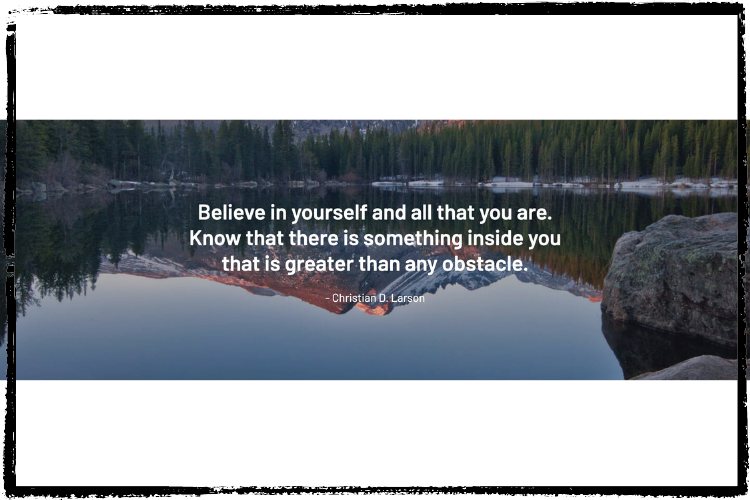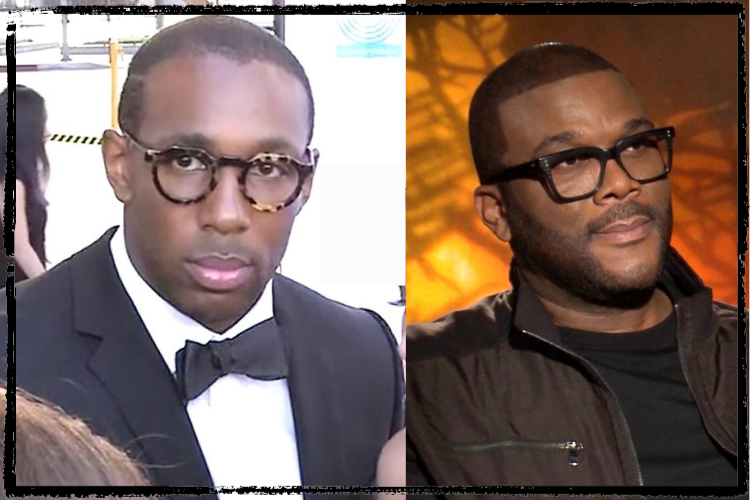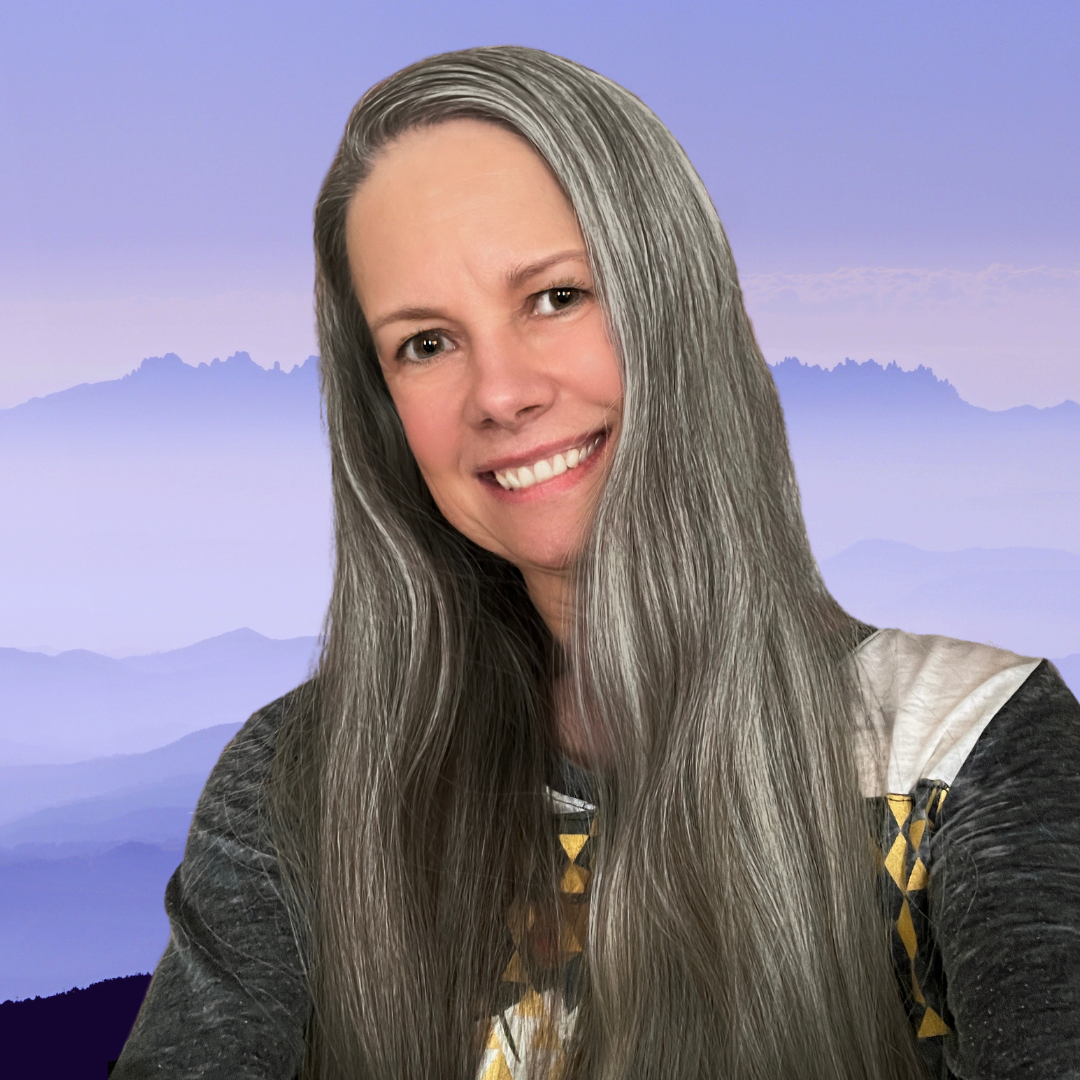By Renata Hill, Moodfuel News
To everyone else who struggles with suicidal ideation: I see you
I started Moodfuel News to smash stigma of all kinds. The Dec. 13 suicide death of Stephen ‘tWitch’ Boss, the lovely, talented, 40-year-old dancer, choreographer, actor and co-executive producer of the "Ellen Degeneres Show" and movie mogul Tyler Perry's subsequent comments about his own suicidal intensity on Dec. 16 have alerted me that it's time to rip away the shrouds of taboo and fear and speak plainly.
Yes, I'm going to discuss suicide during the holidays. Yes, suicide is difficult to contemplate any time of year. However, consider this: if we talk about it now, we may prevent deaths tomorrow.
Suicide is fraught with a complex interweaving of grief, fear, anger, guilt, shock, devastation and thoughts about missed signs and "if only." Unfortunately, the misconceptions we harbor and the self-quarantining, or stuffing, of emotional pain we perform make suicide much too prevalent in Colorado.
Did you know the Centennial State ranks sixth in suicides among all 50 states and DC? I believe we're doing so poorly in dealing with suicide and residents are choosing it so frequently because Colorado ranks LAST in access to mental healthcare.
With those statistics, you likely know someone who is struggling with suicidal despair – a relative, friend, neighbor, co-worker or community member. That person may not be able to get treatment for various reasons (a whole other article).
Then, there are the celebrity suicides. They trigger me, probably obvious. What's not obvious is my life experience. When I was 21, I sat in my car in Ft. Collins at a crossroads feeling such a concentrated, roaring, all-encompassing pain and sense of hopelessness.
Ever the logic devotee since Mr. Spock in "Star Trek" taught me as a child about logic's power to cleave confusing, overwhelming emotions from the mind, I realized there were two choices – killing myself that day or getting help. Either way, I had to take action because I couldn't stand my current situation any longer. Logic dictated finding help first. If I couldn't find any or it didn't work, I could always choose death.
I was among the fortunate Colorado residents who did find help and it made an immediate difference. Death receded.
I still think about suicide when depression chokes me for weeks and months at a time or I feel acutely emotionally trapped and hopeless, but I have skills now, hard-earned over the last three decades of therapy since that realization in my car.
Another reason celebrity suicides are so difficult for me – I am a survivor of the suicides of others. My cousin, two friends, a colleague, a friend's brother and an uncle a couple of generations ago chose suicide. For the people I know and the ones, like tWitch, I only know of, pieces of me disappear with them each time.
That's one thing about suicide – the suffering and devastation don't just consume one person. Ripples spread out to touch so many others. I feel devastated by tWitch's choice. Maybe he didn't see the logic in getting help or, horrifically, maybe he couldn't access it. Each death has been too much and too many for me.
The suicide of bright, celebrity dynamos, such as tWitch, have another affect – the decision to end their lives deeply affects the millions who are just hanging on.
Because my antennae are attuned, I've watched suicide enter families and neighborhoods, like a cancer, influencing people immediately and years, sometimes generations, later. I think it's because, somehow, when celebrities or people we know choose to kill themselves, it somehow becomes more ... reasonable ... for the rest of us.
This perception is supported by researchers who study suicide, known as suicidologists, and who document the effects on families and communities. They talk about "suicide clusters," a group of suicides or suicide attempts that occur contemporaneously, more so that would be expected in a given community. The CDC has even identified two types of clusters.
Suicides are not just about one person.
Next, let's confront the misconceptions surrounding suicide because they create a ridiculous blockage to better understanding. "Just talking about suicide is dangerous," "suicide can't be prevented" or "people who talk about suicide are just seeking attention" are just a few myths people continue to believe. Are these ideas passed down generationally? Do we see them on social media and simply absorb them?
Suicidologist and medical director of one of North America's only dedicated pediatric psychiatric emergency inpatient units, Dr. Tyler Black, created a hugely popular "Ask Me Anything" Reddit post on World Suicide Prevention Day in 2018. One question resonated for thousands: what is one misconception about suicide that you want people to stop believing?
"Probably the biggest would be that suicide behavior or thinking is only for people with mental illness .... Just like all humans are at risk for heart attack (some, very very very low compared to most humans, some very, very, very high), all of us have various risk factors that push us towards suicidal thinking .... There are hundreds of risk ... factors that all work in different directions to influence suicide risk."
There are lots of other myths, too. We need to do better at educating ourselves about what's true and what isn't based on research and facts. Let's agree to stop passing around harmful, untrue blanket statements about suicide without fact-checking them.
Finally, we need to consider the long-term self-quarantining of emotional stress – internal or external stigmas, life responsibilities, relationship protection and feeling unsafe to speak out are just some reasons people block or bury mental distress signals. Experts have stated repeatedly that this disregard for our emotional health produces serious physical health problems.
Hilary Jacobs Hendel, LCSW, in her Time article said that self-quarantining emotional stress has been linked to physical problems, like heart disease, intestinal problems, headaches, insomnia and autoimmune disorders. So, ignoring those emotional stressors until you're in a crisis is like ignoring a heart attack.
Add in the CDC's Social Determinants of Health – non-medical factors that influence health outcomes – like racism, ageism, ableism, socioeconomics, climate change and political divisions, and we have an ongoing disaster. It manifests in suicide much too often.
If we self-quarantine our emotions, we create a birthplace for suicide. It happened to tWitch.
Victor Armstrong, MSW, chief diversity officer at RI Interational Crisis Services and a leader in the suicide prevention program Soul Shop Movement for Black Churches, commented specifically on the diversity of suicidal ideation in a LinkedIn post. "For Black men, the challenge can be even greater due to the fact that suicide interventions generally don’t take into account the nuances of race, culture, ethnicity or the pressures of being a Black man in America," he said.
Mel Robbins, author of The Five Second Rule and host of The Mel Robbins Podcast, brought up another important point about tWitch and applicable to all people dealing with suicidal ideation. "In public, his struggle was invisible. In the privacy of his mind, it may have been a living hell. That’s why the language we choose when discussing suicide is so important."
So, in addition to suicide discussion, let's be intentional about the words we use. Clear, unbiased language will help.
Jean Mellano, a member of the National Alliance for Mental Illness (NAMI) and a suicide loss survivor after her husband made the decision in 2015, stated insightfully in her article, "What I Learned While Going Through Suicide Loss":
"... Someone said directly to me, 'Suicide is a selfish act.' I was not angry or insulted, but rather very sad that people still believe this to be true. If anything, in the mind of the one who takes their own life, it’s a selfless act. In Steve's case, ... he felt he was a burden to those who loved him [and] felt we would all be better off without him .... I believe his mind was so tortured and he was in so much mental pain, he was not thinking rationally when he took his own life. That is not what I would call selfish."
An article on "8 Common Myths about Suicide" by the Mayo Clinic said, "Often, people who die of suicide experience significant emotional pain and find it difficult to consider different views or see a way out of their situation." Again, not selfish nor weak, just very, very disoriented and despairing. That was me and so many other Coloradans.
How can you help others? Show up
Often, we undervalue the impact we have in others' lives. We tend to defer to psychiatrists, psychologists, clinical social workers and other licensed therapists as the only professionals who can help. In reality, they are another tool in the mental health toolbox.
We must recognize that we have the ability to support our relatives, friends, colleagues, neighbors and community members just by listening. Listening to someone without judgment who is struggling is the most powerful way we can demonstrate that this person who is considering ending their life is not alone.
In the end, it's easy. Call that friend you've been thinking about but haven't talked to in a while. Say hello to your relative during the holidays. Check in with your neighbor or colleague.

Making contact may change someone's perspective or persuade them to use the logic of looking for help first. It could make the difference between them choosing death and reconsidering life.


